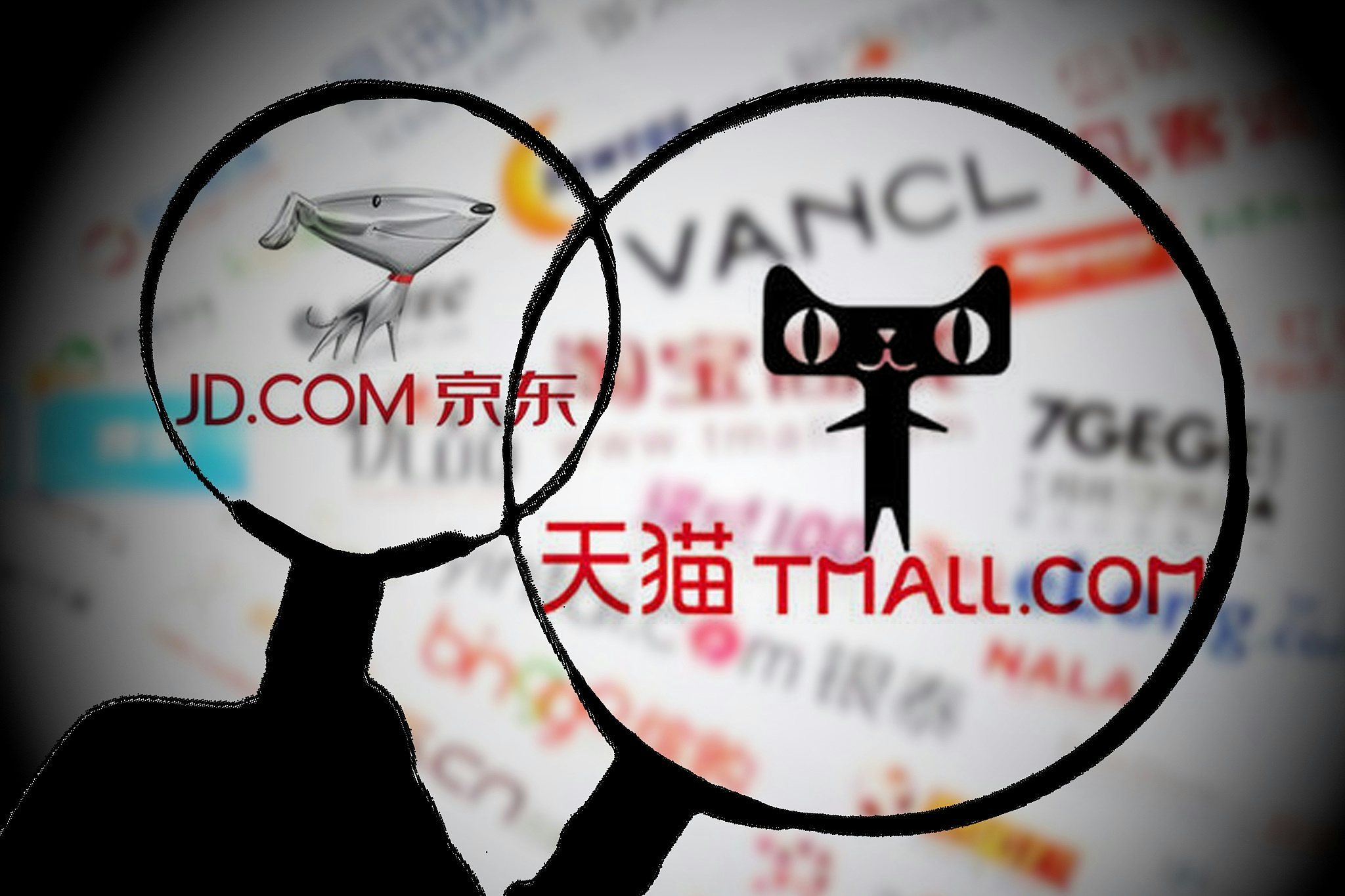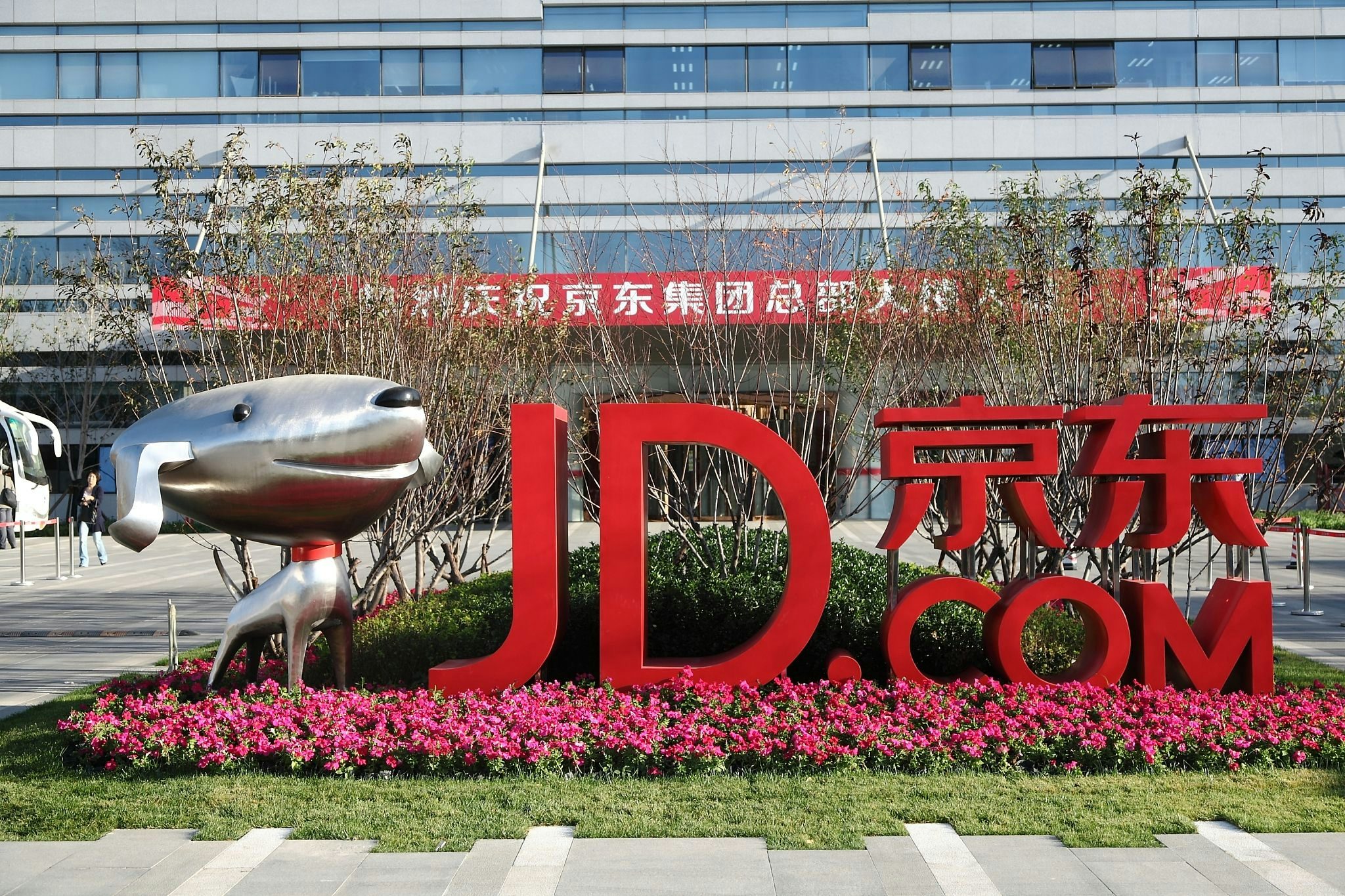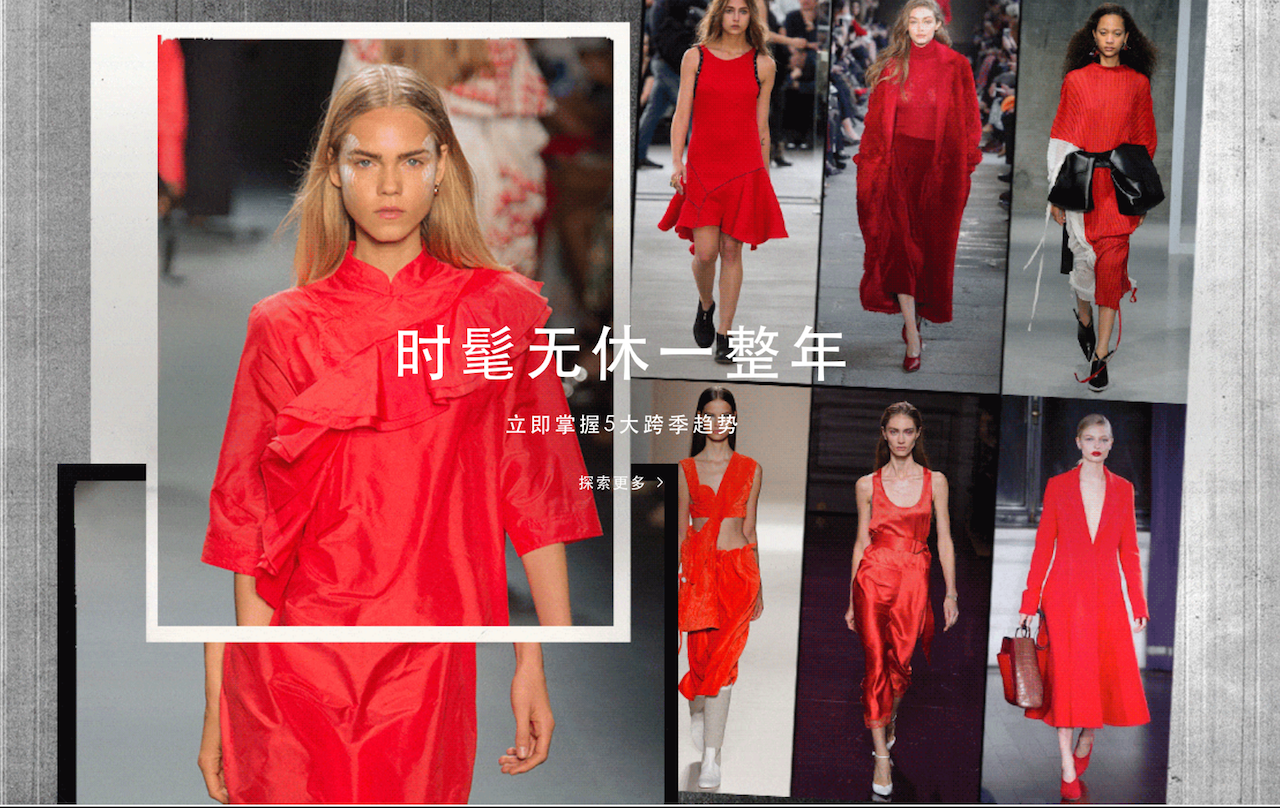China's second-largest e-commerce platform, JD, released a statement on its official Weibo account on July 12, accusing Alibaba's Tmall site, in not so many words, of being an unfair and monopolistic market player. The statement, which was made jointly with the online flash sales site Vipshop, claimed that "some e-commerce sites" have forced many brands and merchants to leave their sites to sign exclusive deals. While Alibaba is not named specifically in the post, there's no other platform that is as dominant as JD in that space. The inference, as many commenters, and a reply by Tmall, affirmed, was loud and clear.
JD and Vipshop said in the statement that they have recently received many complaints from merchants and brands claiming that if they did not work with some e-commerce platforms to the exclusion of others, they would face penalties such as reduced marketing resources, decreased search results and would even be blocked.
"This e-commerce platform has frequently abused its monopolistic power to force merchants to only choose it, " the statement read. "The enforcement has seriously infringed upon brands' business autonomy and consumers' rights."
JD and Vipshop further noted that the above reported act is believed to be in violation of the Anti-Monopoly Law of the People's Republic of China. Thus, they urged the Chinese government and industry regulators to step in and regulate the behavior of "some e-commerce platforms" in order to ensure fairness in the market.
A look at Article 3 of the law shows that it prohibits “monopolistic agreements among business operators,” “abuse of dominant market positions by business operators,” and the “concentration of business operators that eliminates or restricts competition.”
Two hours after the release of JD's statement, affirming that the post was indeed targeted to one player in the e-commerce arena, Tmall published a response to the claim on its official Weibo account, calling JD's act "pengci," a term in Mandarin that is commonly used to describe an opportunistic move by a person who pretends to be a victim in order to extort compensation. In a nod to JD's avoidance of naming Tmall specifically, Tmall, in its reply, referred to "some e-commerce platforms" rather than identify JD by name.
Tmall claimed that "some e-commerce platforms" regularly aimed at Tmall's exclusive business deals as an excuse to send out misleading and emotional messages to the public and government, whenever the competition between the two companies increases.
Tmall admits that a growing number of brands have signed deals to work with the platform exclusively, but that the decision to do so is voluntarily.
"The essence of the issue," read Tmall's statement, "is that it is the choice of brands, not the choice of Tmall."
Tmall continued to attack JD, by inference, saying that it claims to be an e-commerce platform but does not act like a platform. It cited several harmful actions conducted by some platforms against brands and consumers. For example, Tmall said some platforms changed the price of products and inventory without the brands' authorization and forced brands to promote their products.
In mid-June, some Chinese domestic sites reported that JD treated brands on its platform unfairly during the past 618 shopping festival. Tang Dafeng, the founder of the Chinese local womenswear brand Liebo took to Weibo to confront JD for unlawful practices.
Dafeng's statement said that on June 2, JD closed the brand's access to its flagship store without authorization, which caused Liebo to lose control over prices, inventory and more. Liebo did not apply to participate in JD's 618 shopping festival. But Dafeng said that JD put the brand in the event anyway and forced it to offer a discount of 62 percent, which the brand could not afford. On June 18, Liebo filed a lawsuit against JD and has since officially shut down its store on the platform.
The majority of the Weibo community seems to stand against JD on the issue. Most comments under its posts have been negative, while many people agree with Alibaba that JD's statement was an act of "pengci."
"It is ridiculous, you want to boycott [Tmall]? 'Winners rule it all' is the basic law of this society, I don't believe that Liu Qiangdong (JD's CEO) does not understand it," a Weibo user named "longhua legend" wrote in a comment under JD's statement. "How far can a company that relies on the CEO's wife to advertise it go? The one who has the market has the power. [JD] should reflect on its problem, rather than blame others."
The competition between Alibaba and JD is likely to be only heightened in the future given that the two retail giants have set their sights on a number of similar interests. Over the past month, JD took a stake in the leading luxury e-commerce site Farfetch, officially entering the luxury and fashion arena, a sector that Alibaba has long sought to dominate.
Jing Daily reached out to Alibaba and JD for comment but had not heard back by time of publication.
What do you think of the issue? Please tell us in the comments section below.




